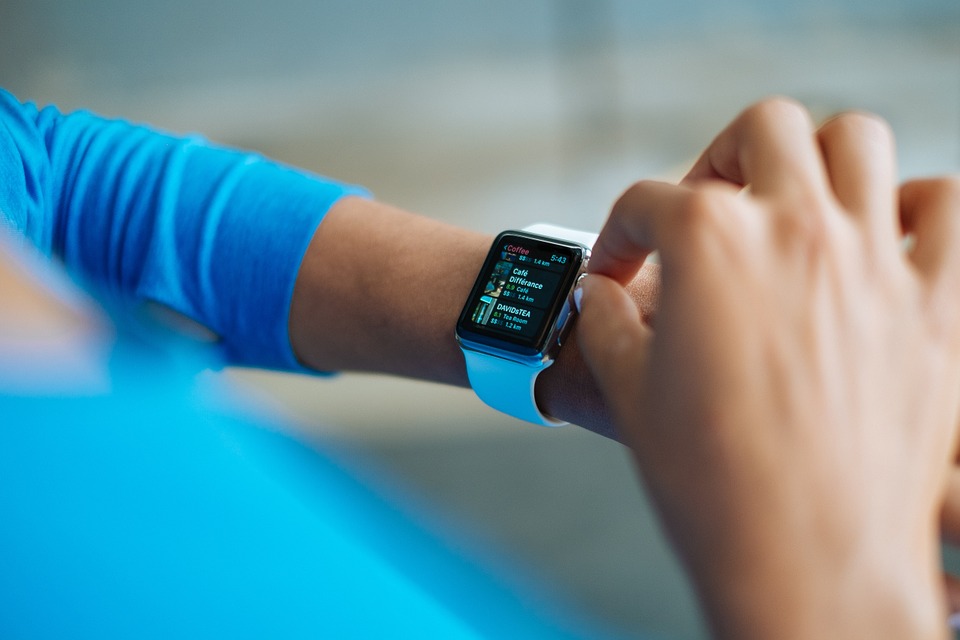Understanding The Class Action Lawsuit Against Apple
Apple certainly has a lot to be pleased with right now. The company continues to release compelling products. More to the point, they are a company whose very name generates immediate and profound attention. As soon as you hear something about an upcoming Apple product or update, you’re interested. Even if you don’t care for Apple as a company, you’re intrigued.
That same name value unfortunately also comes at a high price. The company is currently facing a fairly significant lawsuit. As 2015 drew to a close, Apple found themselves facing a monumental class-action lawsuit. As we get started with 2016, it is definitely going to be worth paying more attention to this suit.
Who Is Suing Apple?

Apple certainly ended 2015 on a sour note. It was near the end of the year that the company found themselves facing a 5-million dollar lawsuit, according to Roseville Personal Injury Attorney. The lawsuit alleges that Apple’s iOS 9 software update was deliberately designed to slow down older versions of the iPhone. The lead plaintiff in the lawsuit, Chaim Lerman, argues two points. In the first place, he argues that Apple’s iOS 9 software update caused his phone, which was a 2011 iPhone 4S, to cease functioning properly. However, the lawsuit further alleges that Apple intentionally engaged in false advertising, by promising that older iPhone models would be compatible with the iOS 9 software update.
If a single individual had leveled this complaint against Apple, it stands to reason that the story would not gain a significant amount of traction in the media. However, approximately one hundred plaintiffs have now joined the lawsuit.
Breaking Down The Apple Class Action Suit
Although the specific complaints of each plaintiff in the suit varies slightly, the main thread remains the same. All of the individuals involved with the class suit against Apple are essentially making the same claim. They argue that the iOS 9 update slowed down the normal function of their older iPhones to a noticeable degree. Some have even gone so far as to claim that the update caused their phones to crash.
Ultimately, everyone involved with the class action suit feels that Apple has left them with two choices: They can either use a slow, unresponsive device, or they can plunk down hundreds of dollars for something brand-new. At the heart of the class-action suit, there is the belief that Apple is doing this, in order to get people to purchase new devices.
Where Is This Lawsuit Going To Go?
Presently, Apple has yet to comment publically on the lawsuit. According to the plaintiffs, there is no question that Apple made it clear that their iOS 9 update would work with older phones. At the same time, one could make the argument that the older a phone is, the less realistic it is to believe that a brand-new update will do for that older phone what it can do for a newer phone. Yet, according to the Plaintiffs, there is no denying that Apple made it clear to consumers that the iOS 9 update would be suitable for older devices. Furthermore, Apple never appeared to indicate that older phones could potentially run into problems, when the update was applied.

One of the main headaches associated with the lawsuit, according to Santa Cruz Accident Attorney, is the fact that consumers are unable to downgrade. For example, if you downloaded and installed the iOS 9 update on your older iPhone device, and you experienced some of the problems mentioned above, you would be stuck with those problems. You would not be able to downgrade to your previous operating system. In other words, you would be stuck with either a phone that doesn’t work particularly well, or the decision to spend money on a completely new device.
As one can imagine, it’s not hard to emphasize with the frustration Apple users are feeling. It is unknown at this time how this lawsuit will pan out. However, it is worth noting that Apple has not had the greatest level of success against previous lawsuits.
The company recently lost its appeal against a decision in 2013 that concluded Apple had violated antitrust laws with the eBook industry. Apple was also recently part of a massive 415-million dollar settlement, in the face of accusations that the company was working with others to prevent workers from seeking out better employment opportunities.


